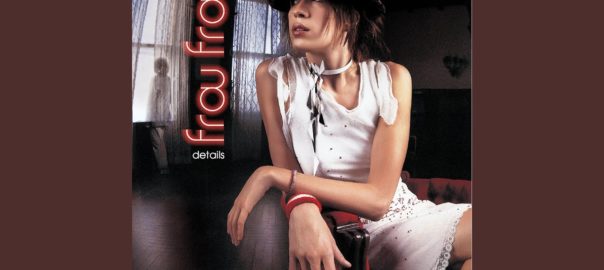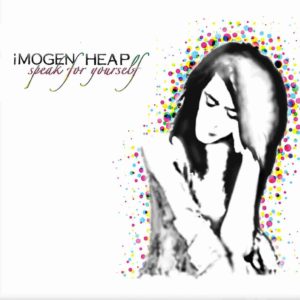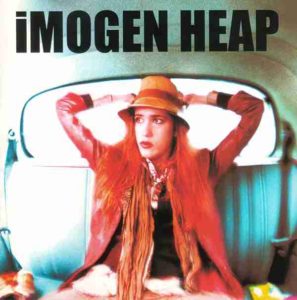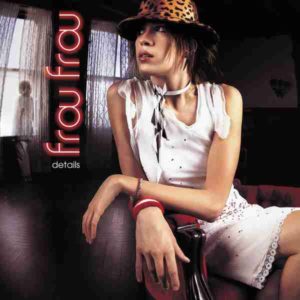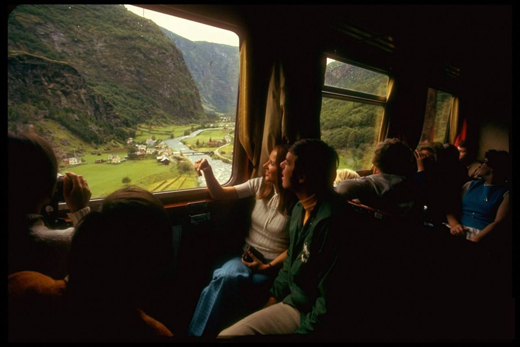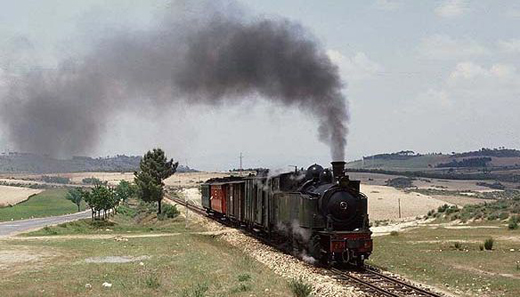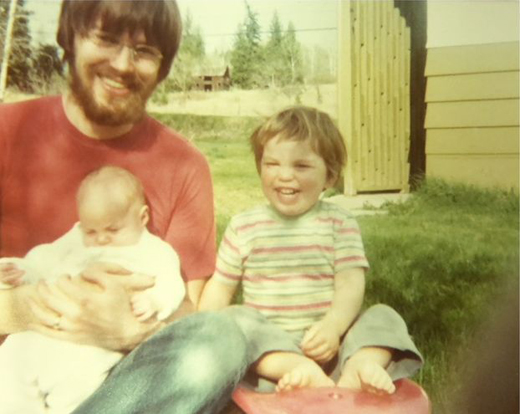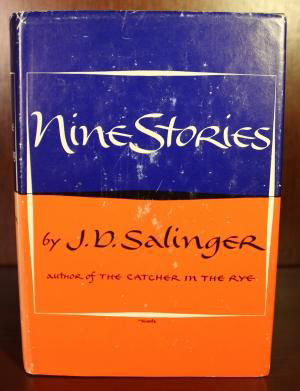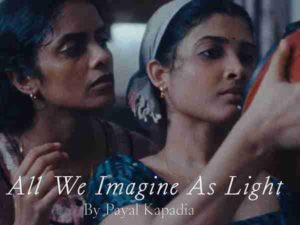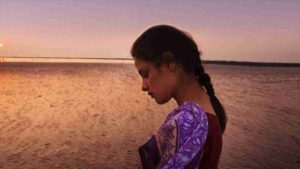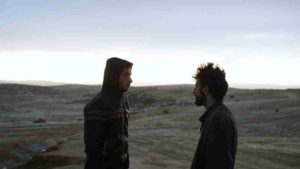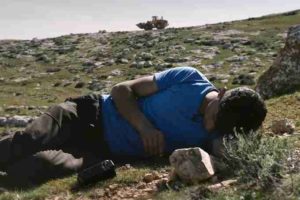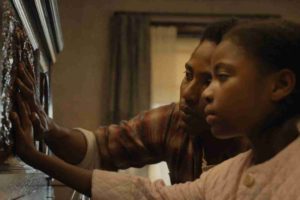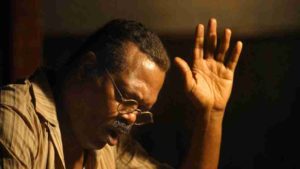
Recently, VanRamblings was afforded the opportunity to meet Dallas Brodie, the B.C. Conservative Party candidate in the riding of Vancouver-Quilchena.

Ms. Brodie, when she approached VanRamblings, told us that one of her campaign workers had made mention to her that we had recently written about her on our blog. Ms. Brodie followed up her initial comment to us by saying, “I read several articles on your blog. You’re a very good writer. Thank you for what you do!”
Now, did Ms. Brodie have to be kind, greet us with a warmth of character and a disarming and engaging complimentary élan?
Nope, she didn’t — particularly given that we’re an opinionated sort of fella, and chances are that Ms. Brodie read some VanRamblings commentary or other with which she was not necessarily in agreement (apparently, Ms. Brodie and VanRamblings, we are told, do not share a “political philosophy” .. alas).
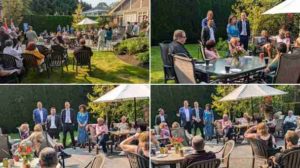
Nonetheless, Dallas Brodie was invariably kind during the few minutes we spoke with one another — in an often too contentious world defined by an unwholesome divisiveness, VanRamblings came away from our encounter hopeful and heartened.

VanRamblings takes this opportunity to congratulate Dallas Brodie on her pending win in the Vancouver-Quilchena riding, where we feel quite assured that she will more than ably represent the concerns and interests of her grateful constituents.
The Role of Kindness as a Core Value in Politics

In an era where political discourse is often dominated by divisiveness, hostility, and polarization, the concept of kindness might seem quaint or naïve.
When we examine the foundational purpose of politics — the organization of society for the common good — kindness emerges as a practical and necessary value.
At its core, kindness represents empathy, respect, and a genuine concern for others. When woven into the fabric of political practices, kindness fosters collaboration, promotes inclusivity, and enables the pursuit of justice and equality.
Kindness must be viewed not as a weakness, but as an essential guiding principle in the development of government policy, and political conduct.
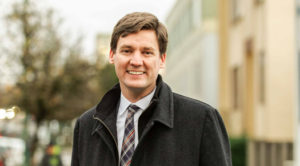
Premier David Eby, one of the kindest, most empathetic persons VanRamblings has ever known, a man committed to social and economic justice, and a robust full employment economy.
In the 17 years we have enjoyed a political alliance with David Eby, we have always found him to be kind, not just to VanRamblings, but to everyone who comes into his orbit. David Eby is one of the kindest, most empathetic and entirely decent persons we have ever known, possessed of a beneficent social conscience, and as you may have noticed since he became Premier, a grassroots, democratic pragmatism that reflects the best interests of those he serves.
VanRamblings very much believes in the concept of “dancing with the one that brung ya.” As such, we’ll work diligently on David’s upcoming campaign.
Kindness as a Tool for Justice and Equity
Kindness in politics also has a powerful role in advancing justice and equity.
At its core, political decision-making is about determining how resources, rights, and opportunities are distributed within society. When kindness is embedded in this process, it ensures decisions are made with empathy for our most vulnerable populations.
In practical terms, policies that reflect kindness take into account the well-being of all citizens. The commitment to social and environmental justice is not an act of charity but an acknowledgment of our shared humanity.

The importance of kindness in addressing issues like climate change cannot be overstated. Climate change disproportionately affects the poorest and most vulnerable communities.
A kind approach to environmental policy prioritizes the well-being of future generations and ensures that those who are least responsible for climate change are not left to bear its worst consequences. By fostering and promoting a sense of responsibility, political leaders who prioritize personal and social kindness (and equity) can guide the world toward more sustainable and just solutions.
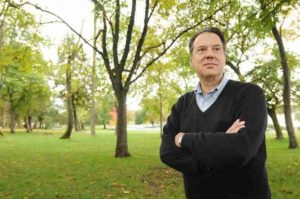
John Coupar, a candidate for the B.C. Conservative Party, in the Vancouver-Little Mountain riding.
We had written on VanRamblings last week that we’ll be endorsing John Coupar — a past Vancouver Park Board Chairperson, and current Conservative Party of British Columbia candidate — in his bid to win the newly-created Vancouver-Little Mountain riding in the upcoming provincial election.
For maximum exposure, VanRamblings’ plan will be to publish our formal endorsement of Mr. Coupar early next month, a couple of weeks away from British Columbia’s October 19th provincial election date.

As we have written on social media, at least in part (and for us, an important part) of our endorsement of John Coupar arises from the fact Mr. Coupar, in the time we have known him, has always been one of the kindest, most open and most welcoming human beings we have ever encountered.
Which is not to say that John Coupar isn’t a take no guff, tough but fair-minded man of conscience, a man possessed of integrity and great character, a man who while not suffering fools gladly will stand up always for and behind what he believes is right and just, and serves the best interests of the community, and those he has been elected to serve and represent (which means, of course, all of us).

Kindness as a core value in politics is not just an idealistic aspiration; it is a pragmatic approach to creating a more just, equitable, and functional society.
By humanizing political dialogue, building trust, and promoting co-operation, kindness can repair the fractures in our political systems and enable leaders to address the pressing issues of our time with empathy and clarity.
Kindness in politics is a reflection of strength — the strength to listen, to compromise, and to fight for a society where all individuals are treated with dignity.
